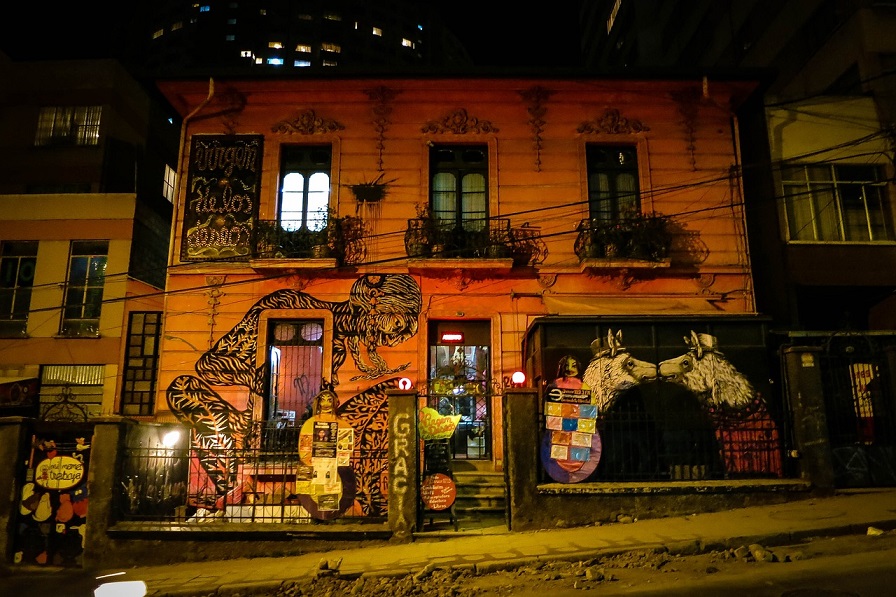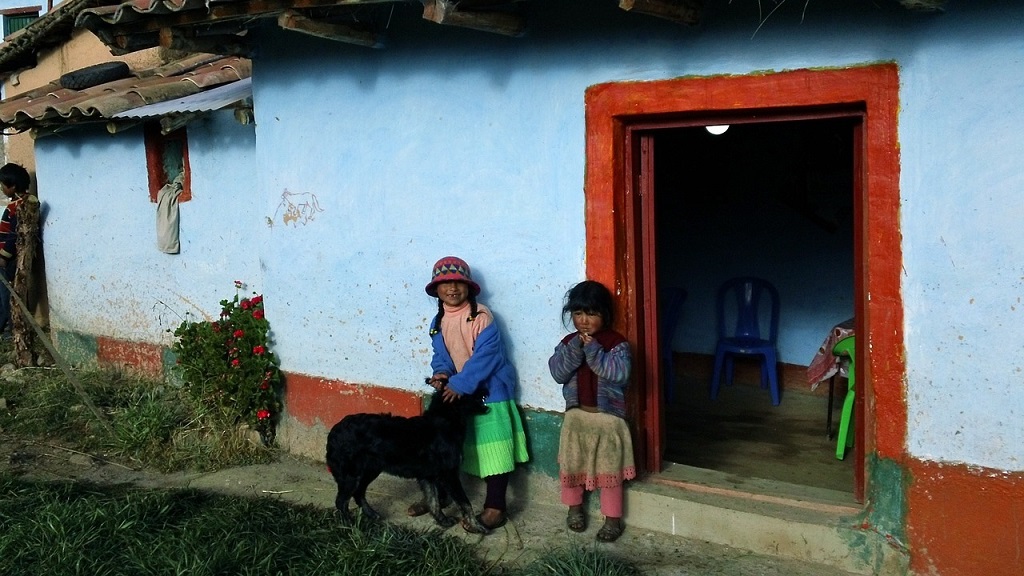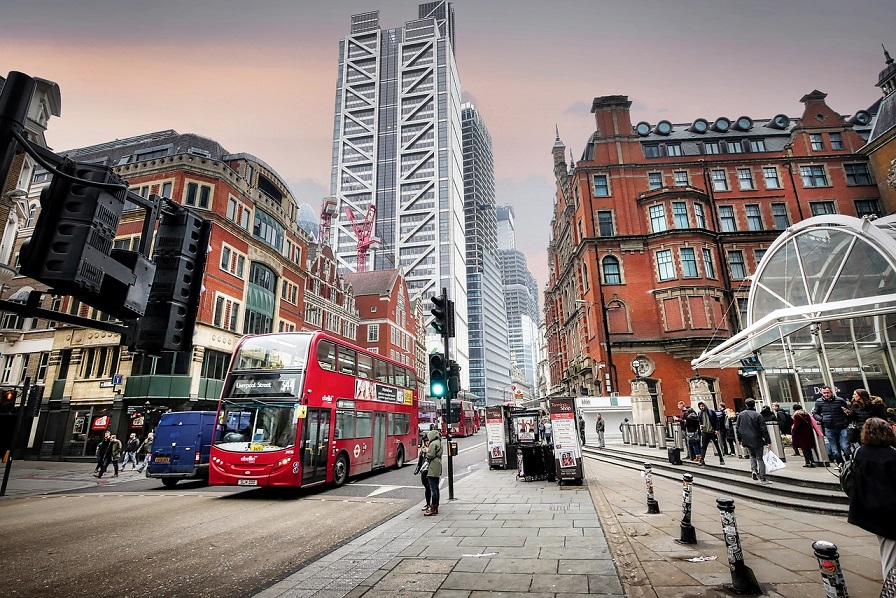Bolivian Rodrigo arrived in the English capital over four years ago. He left Bolivia in search of satisfying his own curiosity regarding the changes those who emigrated experienced in their financial situations.
_
 Javier Duque
Javier Duque
“What it would take you years to earn in Bolivia, you could earn elsewhere in just one,” confirms the seemingly placid young man with a striking name: Rodrigo Huarachi. This is why in 2007, after leaving his job in systems and programming assistance, Huarachi headed for the UK and not for Spain like most of his fellow countrymen, because “seeing as I was leaving anyway, I wanted to take advantage and learn a new language”. It took him less than 10 days to find his first job. “It was fate. I bumped into a friend who told me he was working in the construction industry and asked me if I wanted to help him out.” He accepted and worked there for three months.
As time passed he received ‘new offers’ and through necessity he found himself working in the cleaning profession because sometimes, as he says, “you might not have a job but you still have things you need to pay for”. He did not enjoy the cleaning industry however, “it was a question of my self-esteem. I am capable of doing so many other things and I cannot settle for being a cleaner”.
 He is now self-employed and carries out small construction projects as he has some experience in this field after several summers working as a formwork carpenter. A profession defined as “the professional who, either on the building site or on a smaller scale in the workshop, makes wooden, metal or any other material mix formworks, which are used for moulding concrete pieces.”
He is now self-employed and carries out small construction projects as he has some experience in this field after several summers working as a formwork carpenter. A profession defined as “the professional who, either on the building site or on a smaller scale in the workshop, makes wooden, metal or any other material mix formworks, which are used for moulding concrete pieces.”
Activist
Yet Rodrigo is not a passive activist, as he believes that both his country and the country where he now lives, need people to be more than just spectators. For this reason, he became an activist a long time ago. He involves himself in the different issues concerning his home country on which he is kept up to date thanks to conversations with his friends back home.
“I have always enjoyed going against the system. That said, there must always be a valid reason. If a government, of any political party, helps and shows real interest in their country, then I will support it. If their intentions are to take advantage and steal from the people then I cannot allow it.”
 Rodrigo demonstrated against some of these governments during his youth. At university he was always the one holding the banner at the forefront of all the demonstrations.
Rodrigo demonstrated against some of these governments during his youth. At university he was always the one holding the banner at the forefront of all the demonstrations.
Huarachi recounts that he has never been hit by the police. “Because I always had my eye on them. Those who were watching peacefully, who were not expecting it, were the ones who got hit.”
He also attended some demonstrations where dynamite was used in retaliation to a multitude of gases fired by the police. “We warned them when we threw it at them.”
He tells of how, on another occasion, they discovered a government infiltrator in their group when they asked him about his studies and which semester he was in. “His answer didn’t make sense and we caught him. Many tried to attack him saying that this is what the police do when they arrest us. In the end we left him in his underwear and sent him back to the police.”
 When he speaks of London, Huarachi claims that he has never had any negative experiences with the English. “Maybe I haven’t been looking for the right kind of problems,” he says ironically. Or maybe it is because he has grown fond of the English and the fact that his girlfriend is English and also an activist.
When he speaks of London, Huarachi claims that he has never had any negative experiences with the English. “Maybe I haven’t been looking for the right kind of problems,” he says ironically. Or maybe it is because he has grown fond of the English and the fact that his girlfriend is English and also an activist.
As for experiencing any culture shock on his arrival in the UK, Rodrigo claims that he did not really notice much difference. The change he did notice was related to the climate, which at first he found unnerving. “We don’t have these extreme changes in temperature in Cochabamba, at least not in my area.” Finally, as regards the future, he still does not know what he will do. From the affection he expresses for his own country it seems likely that he will return. “I will leave because there is just no room for me here. It’s too full,” he jokes.
(Translated by Rebecca Hayhurst – Email: rhayhurst14@yahoo.com) – Photos: Pixabay












.jpg)












